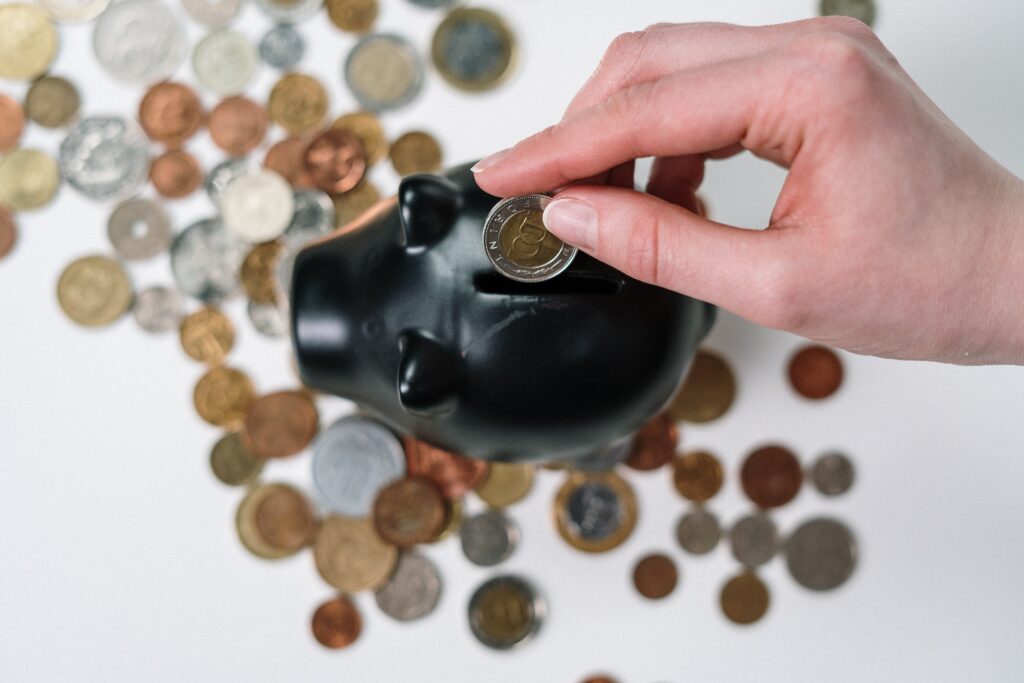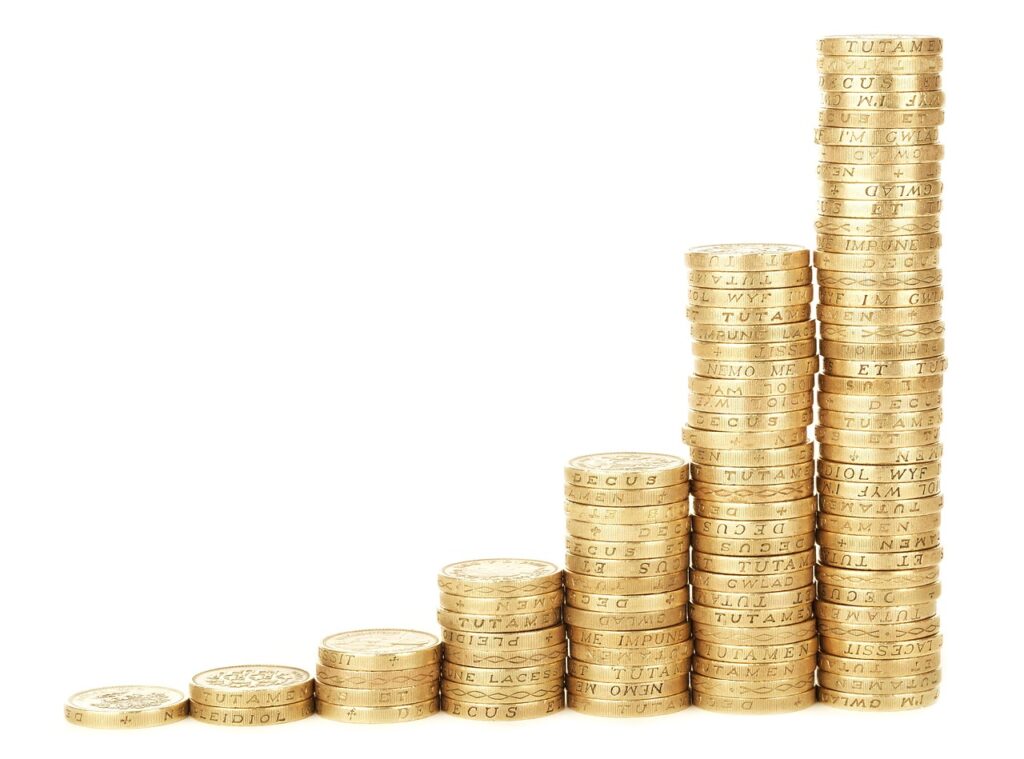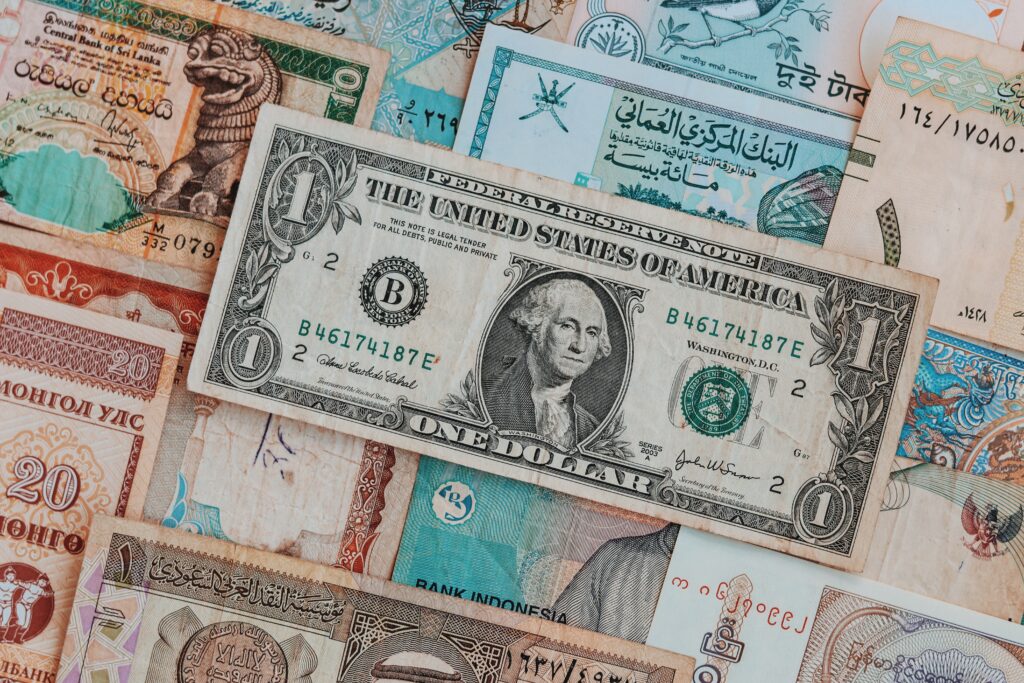
Robert Frost once said, “A bank is a place where they lend you an umbrella in fair weather, and ask for it back when it begins to rain.”
Perhaps, like Frost, you have a negative view of the banking industry.
- Are you upset about hidden fees and charges?
- Are you disappointed by the low interest rates at your local bank?
- Are you interested in holding more than one currency?
- Are you concerned about your bank failing?
If you are interested in alternative banking options, you have come to the right place! Opening an offshore bank account can be a great way to diversify your portfolio, protect your assets, and earn passive income.
Before we dive in and discuss the benefits of offshore banking, let’s get one thing straight – offshore banking has unfairly been associated with money-laundering and other criminal activities, when in reality it is a legal and worthwhile option for savvy investors willing to think outside the box.

OPEN AN OFFSHORE BANK ACCOUNT SO YOU DO NOT HAVE ALL YOUR EGGS IN ONE BASKET
Regardless of how big they are – banks can fail, governments can be overthrown, economies can collapse, and empires can fall. Whether you look at a historical example such as the Great Depression or a recent example such as the Silicon Valley Bank failure; it is clear that diversification is important. If you have all of your money in one bank, one stock, or one country, you risk losing everything in one fell swoop.
If you diversify your assets geographically, you will not be held captive by one economic or political system.
- A recent example of a government restricting its citizens’ financial options is the truckers’ strike in Canada. The Canadian Federal Government froze personal bank accounts of citizens who participated in a protest against the government’s COVID-19 restrictions. Regardless of your views on COVID restrictions, we are sure you can see the issues with a government unilaterally freezing or seizing people’s assets.
- A non-banking-related illustration is bitcoin mining. If you only had miners in China, you would be devastated by the recent government ban on cryptocurrencies. However, if you have miners in various countries, you can continue to mine/trade bitcoin in crypto-friendly locations.
- In some cases, investors are subject to the whims of even small-time politicians. One minute you could be running a successful Airbnb business, and the next the local mayor has prohibited short term rentals in your city.
As discussed above, governments can restrict banking activities, business ventures, real estate transactions, and more – on a whim. Don’t risk losing all your assets at once, consider moving some of them to other jurisdictions!

OPEN AN OFFSHORE BANK ACCOUNT SO YOU CAN EARN HIGHER INTEREST
We bank in multiple countries, and interest rates vary considerably. Our RBC savings account in the U.S. offers us an interest rate of 0.50%. So, if you put $100,000 into a savings account at RBC for a year, you would only earn $500. Clearly, you won’t get rich parking your money in a U.S. savings account.
By contrast, our savings account at Xapo Bank in Gibraltar earns us 4.1% in interest. So, at the end of the year, that same $100,000 could lead to $4,100 in interest income.
If you want to take it a step further, you could look past a simple savings account and put money in a term deposit. A term deposit locks in your money for a set period of time at a fixed (higher) interest rate. In America, the average interest rate for a one-year term deposit is 1.72%. If you lock in your $100,000 for a year, you would earn $1,720 at the end of the term. It is better than the earlier $500, but still underwhelming.
We do a lot of banking in Georgia, an Eastern European country known for its stable currency and premium (foreigner-friendly) banking services. We currently have a one-year term deposit with Bank of Georgia. You have the option of keeping the funds in USD, and you will get interest rates that are comparable to America. However, if you keep the funds in the local currency (Georgian Lari “GEL”) the bank offers a whopping 11.10% interest rate. That same $100,000 used in the hypotheticals above would earn $11,100 at the end of the year-long term. Obviously, you face the risk of currency fluctuations with a local currency, but (as discussed below) the weakening U.S. dollar has its own risks.
Let your money work for you! You can earn passive income by simply storing your cash in the right bank accounts.

OPEN AN OFFSHORE BANK ACCOUNT SO YOU HOLD MULTIPLE CURRENCIES
As you saw with the Georgian Lari example above, it often makes sense to hold funds in different currencies. Especially with current concerns about the decline of the U.S. Dollar.
Back in the day, a currency’s value was based on the amount of gold/precious metal inside of it. However, today’s fiat money is not backed by any tangible commodity, rather it rises and falls based on social agreements and the public’s faith in the government issuing the currency. A currency’s strength is determined by factors such as supply and demand in foreign exchange markets, inflation and growth in the domestic economy, the country’s balance of trade, and the interest rates of the central bank.
Currently, USD is the world’s reserve currency and it is used in the majority of global business transactions. However, like the British Pound before it, the U.S. Dollar could lose its top spot.
- The United States is currently locked in a debt ceiling crisis – which may or may not be resolved. It has been running a fiscal deficit since 2001, and faces the serious risk of defaulting on its debt. The Federal Reserve continues to print trillions of dollars out of thin air. In fact, the majority of all US dollars in existence were printed in the last few years.
- The recent US banking crisis has impacted the dollar. US banking regulations require banks to hold “safe” government bonds. However, said U.S. Government bonds are worth less than what they claim, are toxic to a bank’s balance sheet, and have led to the failure of three American banks in 2023.
- Earlier this year, China, Russia, the United Arab Emirates, Saudi Arabia, and Brazil started trading in other currencies such as The Russian Ruble and The Chinese Yuan.
- There is talk of the BRICS countries (Brazil, Russia, India, China, and South Africa) introducing a new currency backed by gold or other minerals.
Whether you believe the U.S. Dollar will recover or not, it doesn’t hurt to hedge your bets and convert your USD to other currencies, or open offshore bank accounts in local currencies.
We hope this article got you thinking about offshore banking. If you are looking for more information on this topic, check out our related article “How to Open an Offshore Bank Account.”
If you are interested in opening an account at Xapo Bank mentioned above, you can use our referral link to become a member! https://application.xapo.com/membership-application?ref=NFS-DKJ-ZM
If you are interested in opening an account at Bank of Georgia, please contact us at banking@borderlesspair.com
Pingback:Why Pursue A Second Residency
Pingback:How To Open An Offshore Bank Account - Borderless Pair
Pingback:Banking For Foreign-Owned U.S. Businesses - Borderless Pair